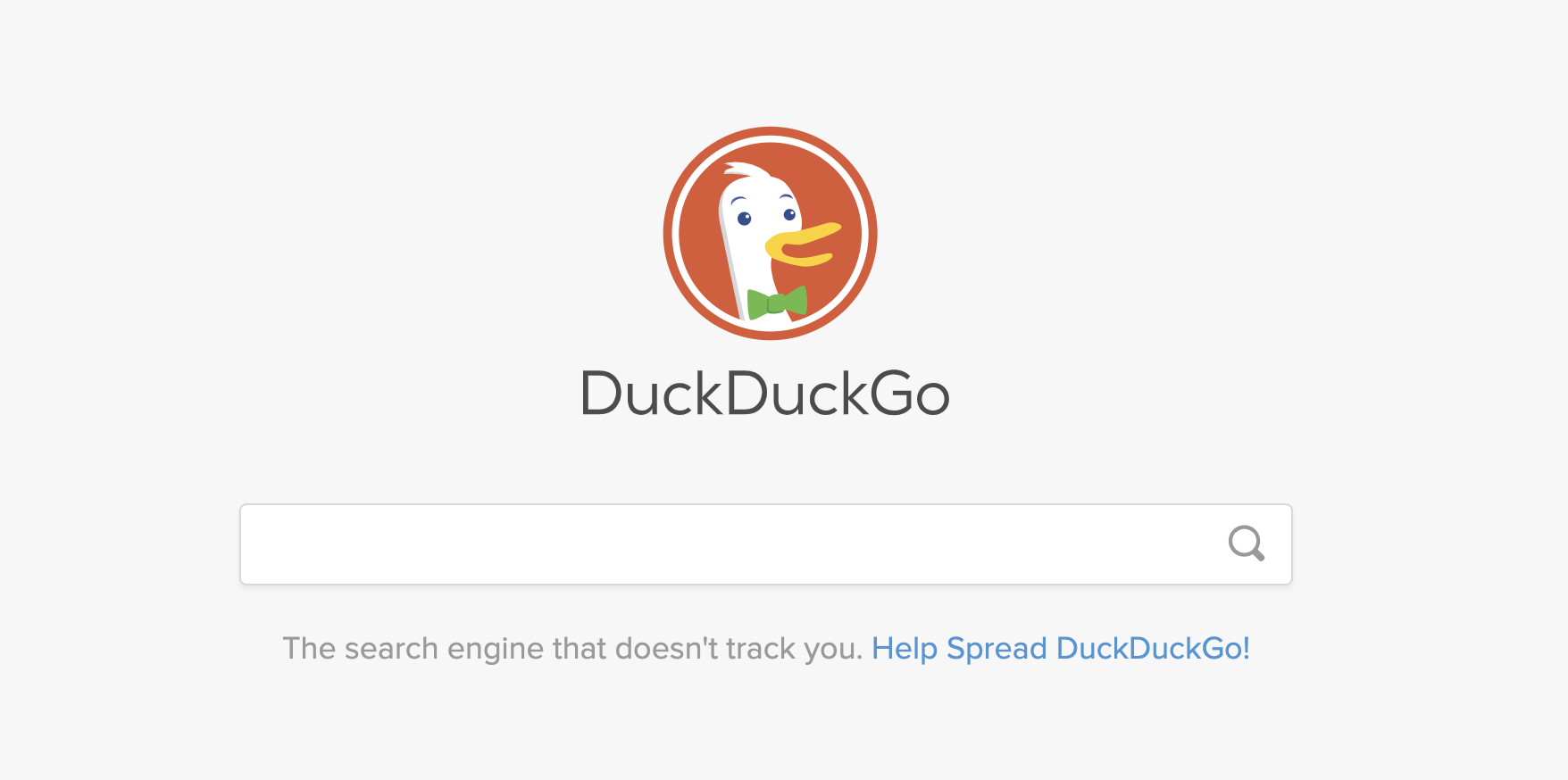A recent court filing in the U.S. Department of Justice’s case against Google regarding its alleged monopoly in the search market has shed light on several aspects of competition within the search industry. This filing, Google’s proposed “Findings of Fact,” delves into the history of search competition, including Google’s emergence, its innovations, the competitive landscape, its search ads business, distribution agreements, and more.
Of particular interest are the sections pertaining to web search startups like DuckDuckGo and Neeva, along with the evolution of their businesses.
The filing provides some known details about DuckDuckGo, such as its profitability since 2014 and its current source of operating revenue from search advertising, specifically search ads provided by Microsoft in the U.S. However, Google’s filing attempts to portray DuckDuckGo as a startup that prioritized returning investment to shareholders over investing in search innovation.
According to the filing, DuckDuckGo raised $10 million in 2018, but the “majority of that money was distributed to DuckDuckGo’s shareholders” instead of being utilized to enhance its search engine. Similarly, when DuckDuckGo raised $100 million in funding in 2020, a portion of those funds was once again distributed to shareholders (the exact percentage was redacted). However, the filing also acknowledges that a third of DuckDuckGo’s 50 employees in 2018 were dedicated to improving the search engine, which contradicts the claim that funds were solely directed towards shareholder returns.
Despite DuckDuckGo’s profitability, the document highlights its lack of a “comprehensive web index” for organic search results, which is not advantageous for Google. Additionally, when Apple was approached about the possibility of making DuckDuckGo the default search engine in the Safari browser, Eddy Cue, Apple’s SVP of Services, responded with a blunt “No, we did not… that is not a good choice for customers.”
The filing also provides insights into the scale of DuckDuckGo’s business. DuckDuckGo estimated that its search engine was utilized by approximately 100 million people globally as of 2021. However, despite claims from 10% of people in the U.S. to be users, the search engine only receives about 2.5% of general search queries in the U.S. DuckDuckGo’s leadership attributed this to the fact that people often use its search engine for some, but not all, of their search queries.
In Europe, DuckDuckGo garnered only 0.6% of search queries on mobile devices as of August 2023, even after being included as an option in the Android “choice screen.” Across Europe, its percentage of search queries in 2023 ranged from 0.5% to 2.5%, depending on the country.















